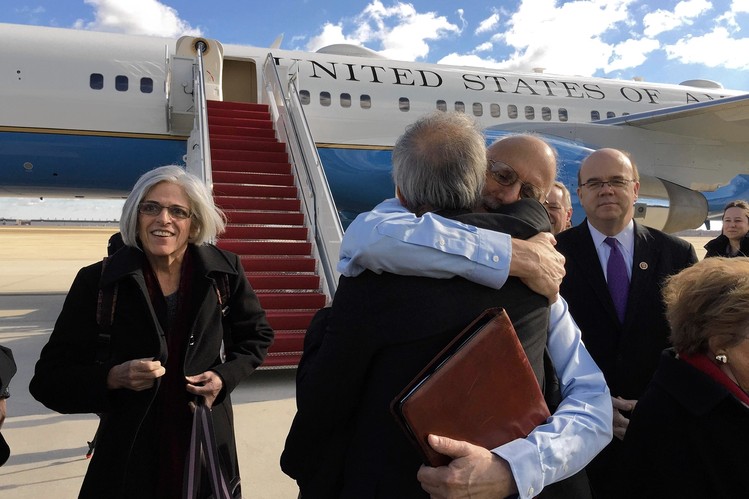
The Obama administration's plans to normalize diplomatic relationships between the United States and Cuba has received mixed reactions from the Christian and hispanic communities.
Yesterday, President Barack Obama and Raul Castro announced that their countries would restart cooperation on a variety of issues, reestablish embassies in each country and ease some restrictions on commerce.
The president said that these policy changes marked the beginning of a "new chapter" for the Americas.
"In the most significant changes in our policy in more than 50 years, we will end an outdated approach that, for decades, has failed to advance our interests, and instead we will begin to normalize relations between our two countries," Obama said in a speech at the White House
However, some political and religious leaders feel that Cuba has not shown enough progress in human rights to justify easing economic restrictions.
"First, I am concerned that normalizing diplomatic ties without addressing [Fidel] Castro's horrendous human rights record serves as a defacto endorsement for one of the most oppressive regimes in recent history," said the Rev. Samuel Rodriguez, president of the National Hispanic Christian Leadership Conference.
"As a result of Castro's totalitarian rule, millions live in poverty, thousands lie in prisons, and many have lost their lives. In addition, the God-given rights of Cuban citizens are held hostage to governmental persecution."
Rodriguez emphasized, however, that good can come from this decision if it helps solve Cuba's hunger problem and pushes toward individual freedom.
"I pray this decision will serve as a catalytic step in unleashing the followers of Jesus to be the Church both inside and outside of the island nation, addressing the spiritual and physical needs of the Cuban people," Rodriguez said.
Fox News reported that the announcement to normalize relations with Cuba was met with heavy bipartisan resistance on Capitol Hill. Republican Sen. Marco Rubio warned that Cuba's human rights record is not reliable enough for America to reach out a diplomatic hand.
"These changes will lead to legitimacy for a government that shamelessly continuously abuses human rights but it will not lead to assistance for those whose rights are being abused," Rubio said.
"Appeasing the Castro brothers will only cause other tyrants from Caracas to Tehran to Pyongyang to see that they can take advantage of President Obama's naiveté during his final two years in office."
The president also said that with the help of Pope Francis, American citizen Alan Gross, who had been imprisoned in Cuba for five years, has been released, reportedly in exchange for Cuban spies held in America.
"Over many months, my administration has held discussions with the Cuban government about Alan's case and other aspects of our relationship. His Holiness Pope Francis issued a personal appeal to me and to Cuba's President, Raul Castro, urging us to resolve Alan's case. And to address Cuba's interest in the release of three Cuban agents who've been jailed in the United States for over 15 years," Obama added.
Sen. Bob Menendez, D-New Jersey, said that the news is "profound relief" for Gross and his family, but said that "convicted spies" are being swapped "for an innocent American."
"President Obama's actions have vindicated the brutal behavior of the Cuban government," Menendez said.
"Trading Mr. Gross for three convicted criminals sets an extremely dangerous precedent. It invites dictatorial and rogue regimes to use Americans serving overseas as bargaining chips."
However, Pope Francis, whom Cuban President Raul Castro credited with playing a big role in this deal, voiced his support for the move and expressed his "warm congratulations" to the U.S. and Cuba.
"The Holy See received Delegations of the two countries in the Vatican last October and provided its good offices to facilitate a constructive dialogue on delicate matters, resulting in solutions acceptable to both Parties," the Vatican's Secretary of State said in a press release. "The Holy See will continue to assure its support for initiatives which both nations will undertake to strengthen their bilateral relations and promote the wellbeing of their respective citizens."














